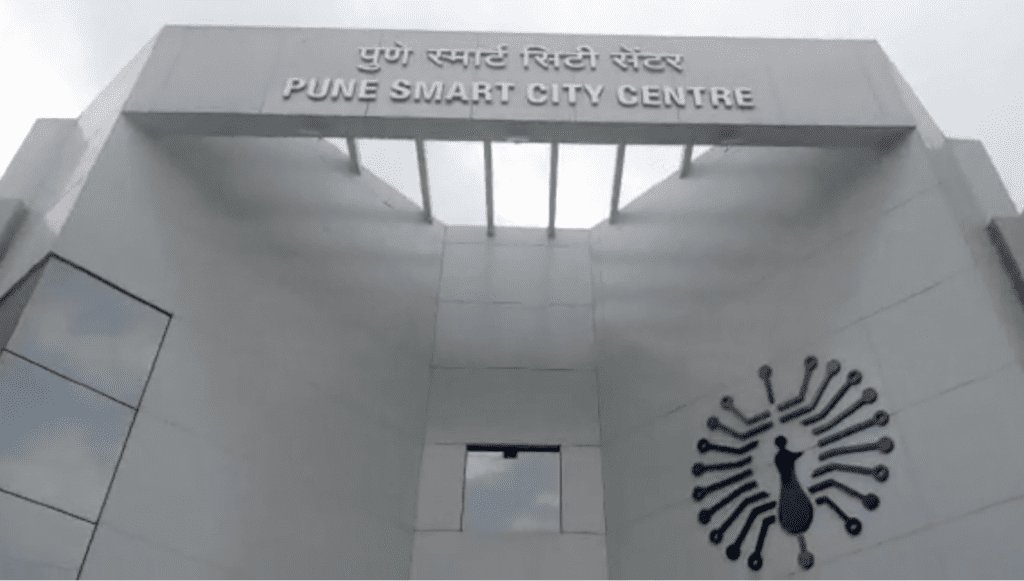As the name suggests, this project involves using smart technologies to improve user experience and data driven decision-making in the sanitation sector. When I say sanitation sector, I am not referring to the traditional ways in which sanitation infrastructure is viewed because from that vantage point, sanitation is seen as a cost or burden to municipal bodies.
The Pune Smart Sanitation Project and the Sanitation Economy as a whole reframes this narrative because we are implementing, utilising, and developing new technologies to be applied in the sanitation space with an underlying business-oriented approach. Through this lens, sanitation is seen as a sector where extremely high quality product and services are provided to the users which generates a more sustainable financial model. And what excites me is that the Pune Smart Sanitation Project is one of the first projects of its kind in India and even in the world!
The project’s approach and future findings are crucial because if you look at any developing economy, municipal local bodies directly maintain the sanitation services or they are outsourced to contractors. In both cases, the level of maintenance and the way that toilet resources (or the Toilet Board Coalition’s term for human waste) are treated do not complete the loop of the circular sanitation economy where value is derived and put back into the economy from the toilet resources. And not only is the Circular Sanitation Economy untapped in the current sanitation sector in Pune, but the smart sanitation economy has the opportunity to capture information that is currently missing such as preventative public health information about infectious disease outbreaks among other things.
Through the Pune Smart Sanitation Project, we hope to create momentum toward data-driven decision making to enable the various sanitation stakeholders along the value chain to work more effectively and efficiently in terms of planning, provision of services, and allocating resources. Ultimately, our vision is that this new sanitation sector could yield a self-sustaining model that no longer is a cost to the municipal bodies.
Being able to interact and work with various world-class solution and technology providers who have seen successful in their field in order to bring positive change toward SDG 6 in Pune is what inspires me about this exciting pilot work that we are pioneering!
– Sunil Agarwal, Director of Pune Smart Sanitation City Project







